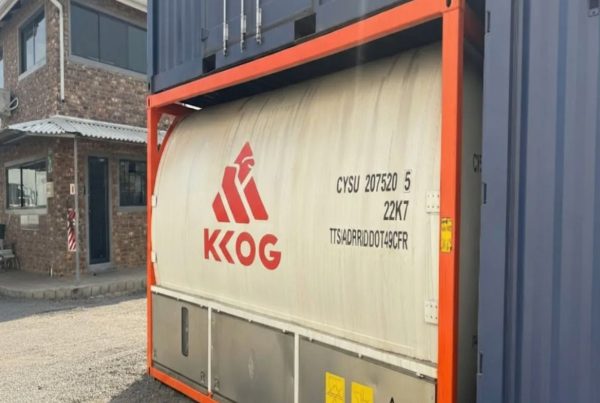MTN Rwanda, the country’s leading mobile telecom operator, has revised its growth outlook for 2024 to single digits, down from the 11 percent projection made earlier this year, according to the telecom company.
In 2023, MTN Rwanda reported a 28.9 percent drop in profit after tax, amounting to Rwf11.4 billion. The decline was attributed to higher finance costs related to tower lease adjustments and the depreciation of the local currency, which impacted the company’s foreign obligations.
According to Mark Nkurunziza, Chief Finance Officer of MTN Rwanda, the telecom operator had initially projected an 11 percent growth in net profit for 2024. However, this target will not be met due to underperformance in the first half of the year, primarily driven by a decline in voice revenues following a regulatory decision on Mobile Termination Rates (MTR).
“We had projected a growth of 11 percent for 2024, but because of the first-half performance, we are reducing the growth forecast to single digits for the end of the year,” Nkurunziza stated.
Despite the setback, MTN Rwanda remains optimistic about a potential turnaround in the second half of 2024. Nkurunziza indicated that the company would focus on pricing transformation, with particular attention to bundling and packaging offers tailored to different market segments.
Looking ahead to 2025, MTN Rwanda plans to develop a new business strategy, evaluating key value drivers as it approaches the year’s end. The company also sees potential growth opportunities in Mobile Money, data services, and hopes for a reversal of the MTR decision by the regulator to restore market value.
During the first six months of 2024, MTN Rwanda demonstrated robust growth in its mobile, enterprise, and Mobile Money (MoMo) subscriber bases, reflecting continued demand for its services. Mobile subscribers increased by 7.5 percent, with an addition of 527,000 subscribers, bringing the total to 7.5 million.
Active MoMo subscribers saw a 15.0 percent growth, reaching 5.1 million by the end of the period, while active data subscribers grew by 0.6 percent to 2.3 million, despite heightened competitive pressures in the market.
Nkurunziza noted that while the company experienced strong subscriber growth, the increase did not translate into higher revenues, particularly in voice services. The decline in voice revenue was largely due to the regulator’s directive in August last year to zero-rate Mobile Termination Rates, which eliminated inter-operator charges between MTN and Airtel.
“The zero rating of MTR distorted the market’s pricing structure, leading to a 24 percent decline in voice revenue,” Nkurunziza said. He also highlighted increased expenses, including a one-time cost for smart handsets sold at a subsidy, which impacted profitability in the first half. Additionally, the depreciation of the Rwandan franc against the U.S. dollar increased expenditure, particularly in network maintenance and transmission costs, which are dollar-denominated.
MTN Rwanda’s subsidiary, Mobile Money Rwanda Ltd, achieved significant progress in its financial inclusion efforts during the first half, posting a 30.6 percent revenue growth and an 83.4 percent increase in its active merchant base to 441,000. The company’s customer value management initiatives and the overall subscriber penetration increase to 68 percent of RGS90 contributed to the deepening of the fintech ecosystem in the market.





